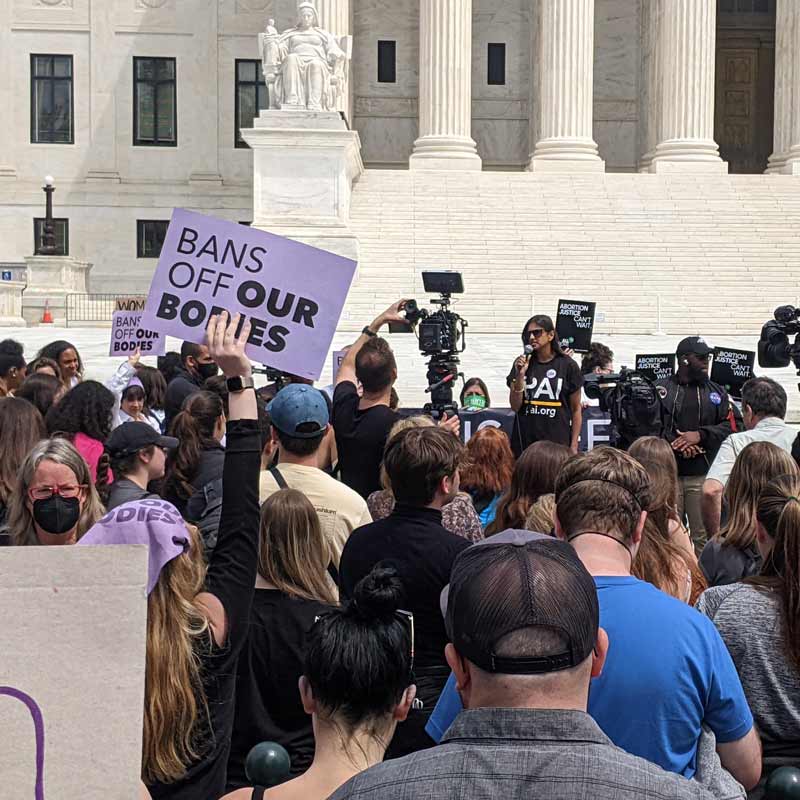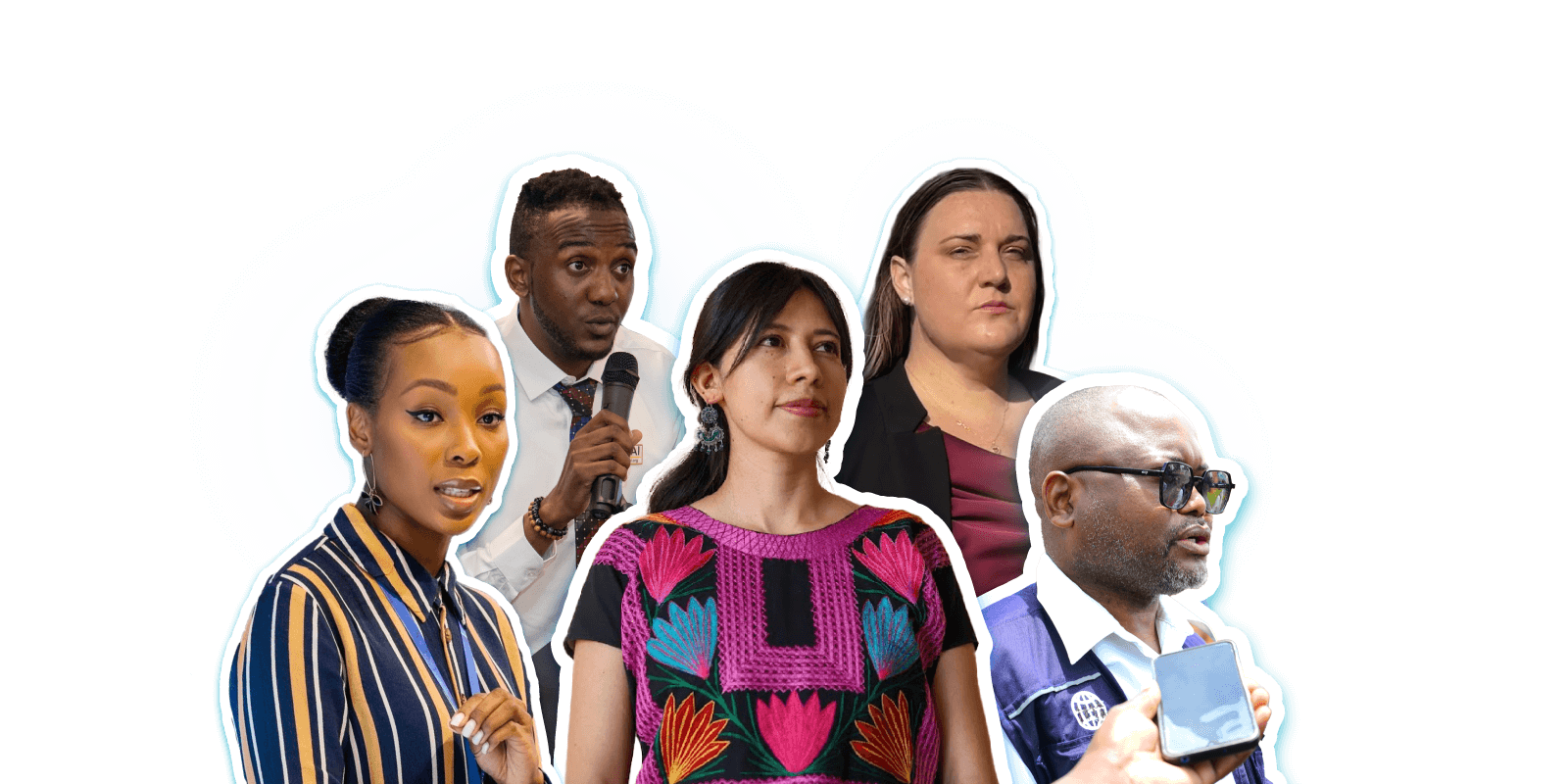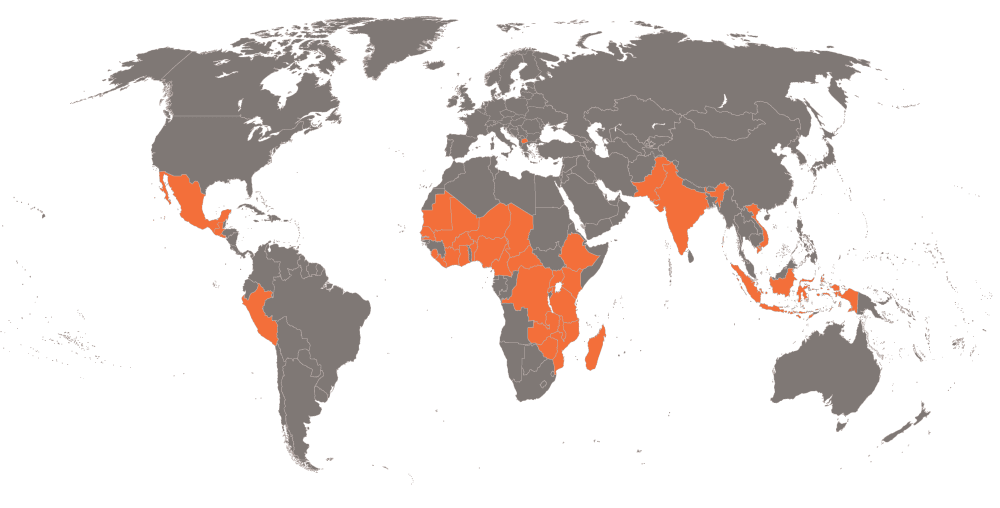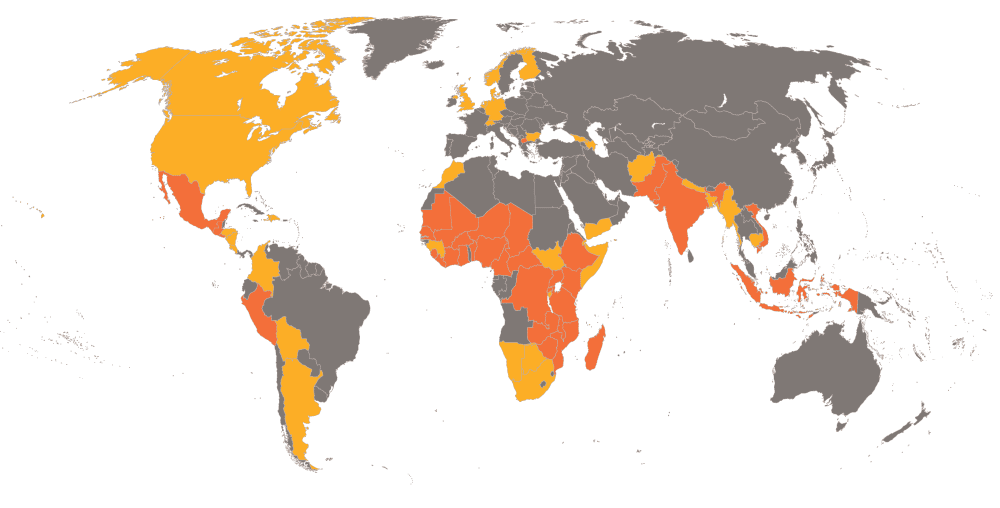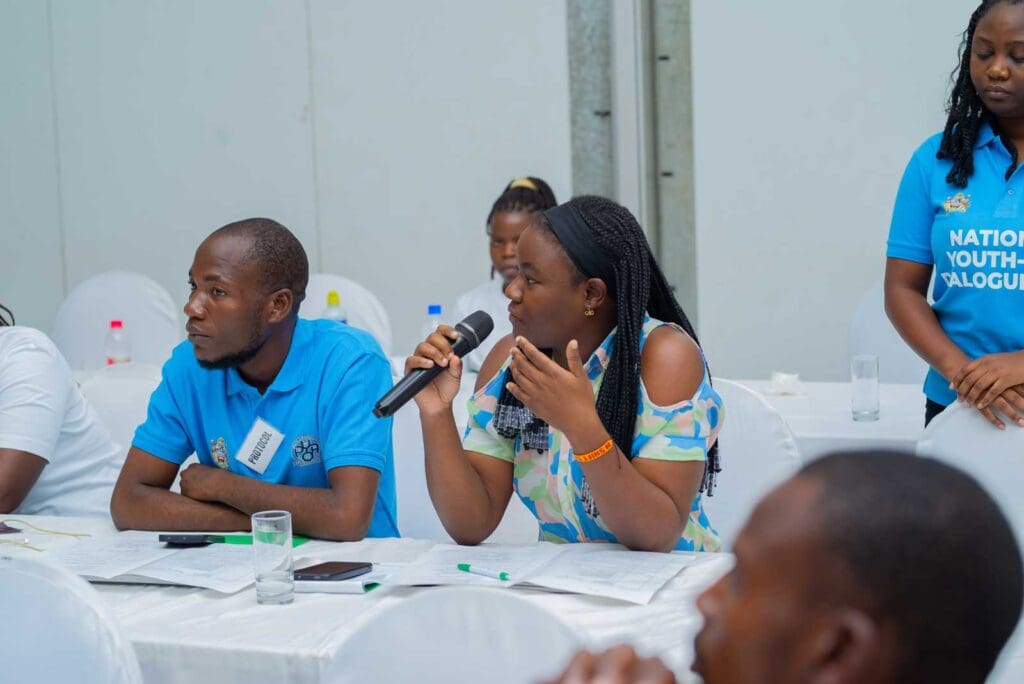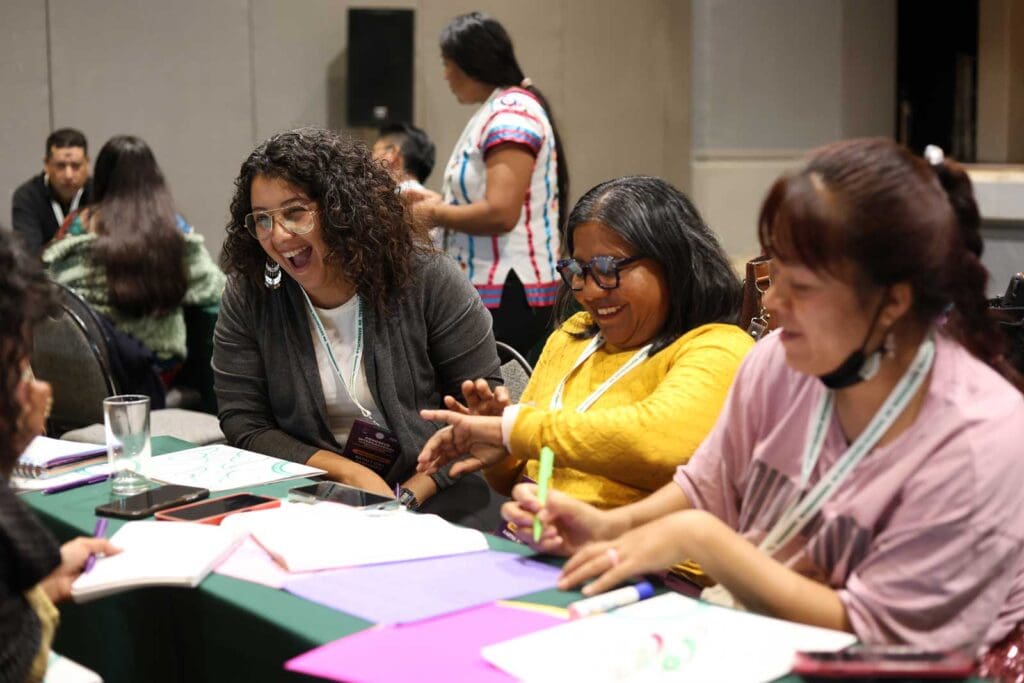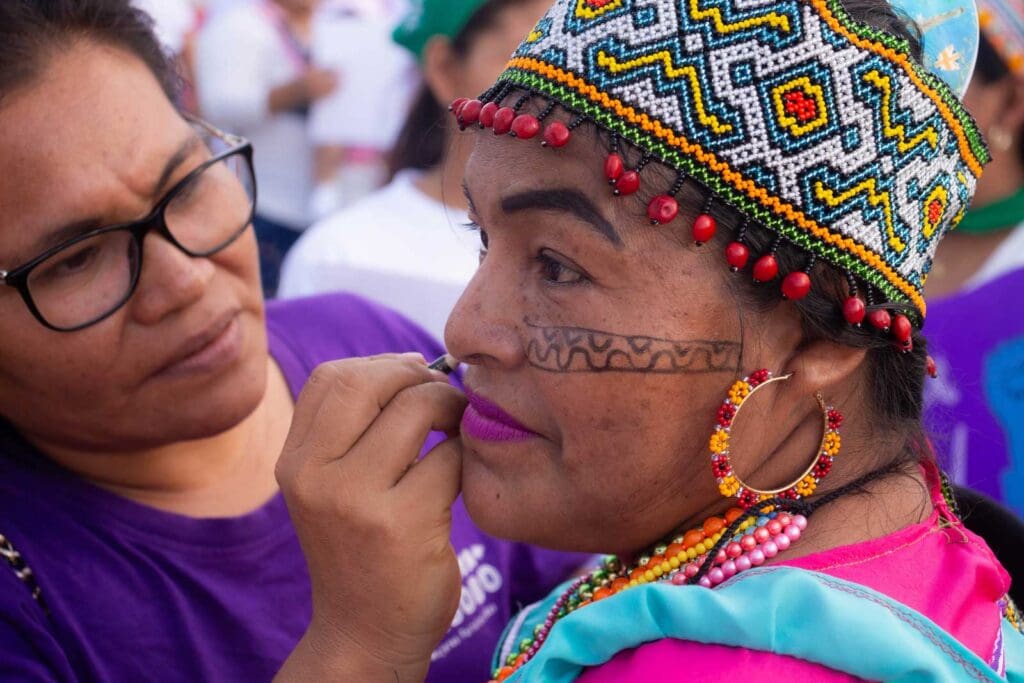powering activism
Speaking truth to Power Power In Washington D.C.
By the time the Dobbs decision became official on June 24, PAI already had spent weeks refining our strategy and messaging to continue advancing our agenda in a post-Roe political climate.
Key to our ability to take quick action was our long-standing leadership of the International Family Planning Coalition (IFPC) — an alliance of more than 70 members representing rights-focused groups and international humanitarian, development and faith-based organizations.
The collective advocacy of PAI and our coalition partners led to significant gains on Capitol Hill in 2022. Together, we secured record support — over 200 co-sponsors — for the Global Health, Empowerment and Rights (Global HER) Act, which would permanently repeal the Global Gag Rule. We also worked with our champions in the Senate to introduce the Abortion is Health Care Everywhere Act, which would eliminate the Helms amendment.
We succeeded at avoiding funding cuts for international family planning and reproductive health programs and the United Nations Population Fund (UNFPA) — no small feat, given the emboldened opposition in Congress.
While our focus is on the international sphere, we were not simply bystanders to what was happening in the United States. We stood with our fellow advocates working in the domestic space, including supporting the Title X domestic family planning program and endorsing the Women’s Health Protection Act to re-establish a federal right to abortion care.
We do all this as part of a vocal, unified sexual and reproductive health and rights movement — a movement that we will continue to strengthen, both at home and abroad.
In addition to hundreds of engagements with congressional staff, PAI’s advocacy in Washington, D.C., included:

